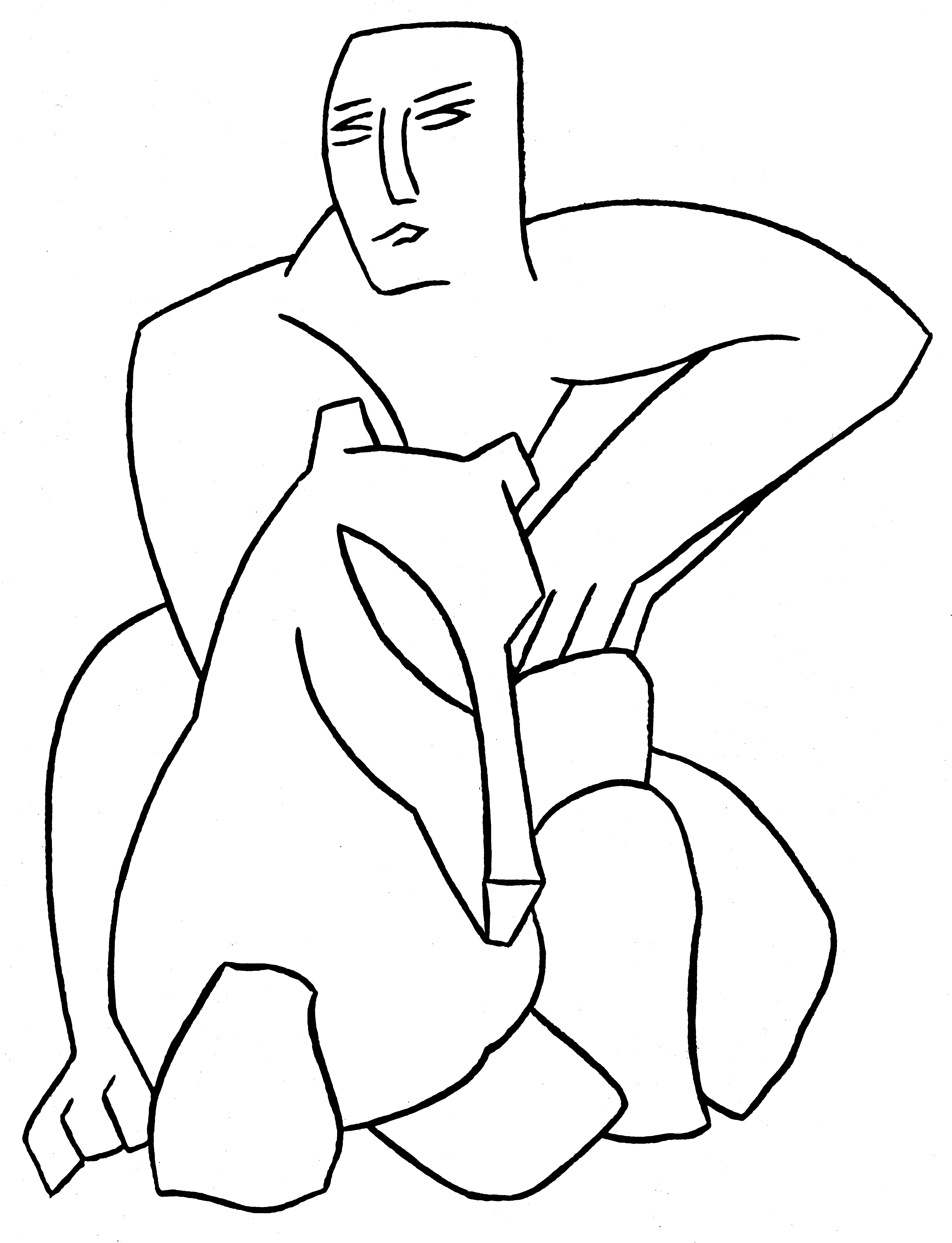
The World Goes On
Third Edition
Territory Rights — Worldwide including Canada, but excluding the British Commonwealth and the European Union.

Description
In The World Goes On, a narrator first speaks directly, then narrates a number of unforgettable stories, and then bids farewell (“here I would leave this earth and these stars, because I would take nothing with me”). As László Krasznahorkai himself explains: “Each text is about drawing our attention away from this world, speeding our body toward annihilation, and immersing ourselves in a current of thought or a narrative…” A Hungarian interpreter obsessed with waterfalls, at the edge of the abyss in his own mind, wanders the chaotic streets of Shanghai. A traveler, reeling from the sights and sounds of Varanasi, India, encounters a giant of a man on the banks of the Ganges ranting on and on about the nature of a single drop of water. A child laborer in a Portuguese marble quarry wanders off from work one day into a surreal realm utterly alien from his daily toils. “The excitement of his writing,” Adam Thirlwell proclaimed in The New York Review of Books, “is that he has come up with his own original forms—there is nothing else like it in contemporary literature.”
Reviews
"Our current condition of displacement, says László Krasznahorkai in The World Goes On, cannot be told; only with great difficulty can language be budged out of endless spirallings of frustration. But then the collection goes on to offer stories of journeys that, whether undertaken or thwarted, arrive at transcendence. At the end there is only one way to go, in what has to be the most powerful page written so far this century."
— Paul Griffiths, TLS
"One begins a Krasznahorkai story like a free diver, with a deep inhalation before plunging in. His fiction is not faithful to literary convention, but it is faithful to life. The extended periods of quiescence, the isolated glimpses of the sublime, the portentous images signifying nothing, the mundane images signifying everything, the arbitrary eruptions of horror and beauty—though Krasznahorkai’s technique relies upon artifice, the result is an honest, courageous, often harrowing portrait of a civilization in drift and decline" — Nathaniel Rich, The Atlantic



